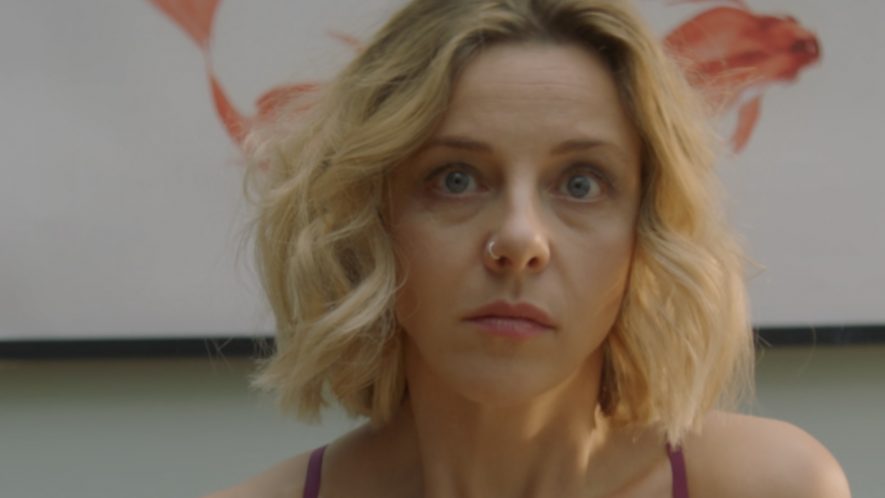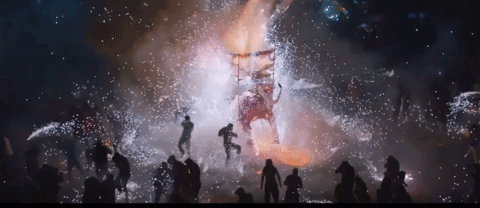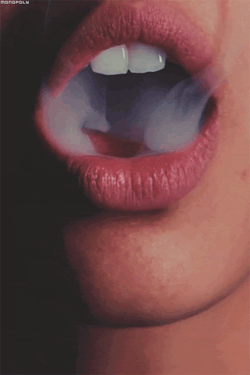About Frank Lebon: Grunge, Grit, and No Apologies
Frank Lebon is many things – a photographer, animator, graphic designer, composer, and drawer, and filmmaker. Lebon is a rising star in film and the arts, carving a unique style of grunge, punk and social-commentary. He injects his work with the gritty undertones akin to the aesthetic of ‘heroin chic.’
Watching his shorts evokes the same feelings of listening to a 90s alt punk album, with the political satire of a Banksy, and the whimsical graphics of a Basquiat. Like punk music did in the 70s, Frank’s work offers a garish view and an escape for hopeless youth marginalized by a culture in turmoil. His work brims with the punk ethos of anti-establishment, non conformity, and rebellion through art. It is no surprise that he has collaborated with some of the biggest names in fashion and music – ASAP Rocky, James Black, Virgil Abloh, Gucci, and Dior to name a few.

His filmmaking techniques carry elements of neo-expressionism, with a rejection of traditional composition and design. Lebon demonstrates a lack of concern for idealized visuals and over-polished imagery, and instead invokes a gritty style full of raw expressionism and unsettling imagery. His films are defined by a chaotic mix of styles and sources, and it makes sense, since his work offers a reflection of the injustices that currently exist for the urban youth in the UK. Lebon often uses controversial, shocking imagery, such as assemblages of body parts and chaotic collages to heighten a feeling of disturbance for the viewer. He isn’t afraid to show the ‘ugly,’ but he definitely isn’t afraid of showing truth.
His films are in part documentation but in part narrative. Each story carries a personal touch, unique to Lebon. This manifests through intimate camera work, raw analogue processes, and overlaid cut-and-paste graphics. It is clear that we as viewers, are not omniscient observers. We are watching Lebon as he watches the world around him. He says that during Covid lockdown, he took to the streets to capture the soul of London, and added this B-roll footage in his own films. His stories are also based on real-life experiences and on people he knows. With all this in mind, we are looking through Lebon’s own eyes, seeing the world as he sees it.
And the way he sees the world is through a lens of moral ambiguity. The crux of Frank Lebon’s artistry is his ability to dismantle societal values and expectations. There is no right or wrong, good or bad, or black or white. We are simply asked to understand his subjects exactly as he sees them. Lebon’s films live in the land of moral grays, characterized by a muted color palette that sways between freckled blacks and desaturated reds, blues, and greens. This clearly adds to his approach of showing the non-duality of his surroundings. This form of storytelling is also evident in his musical choices. His work is accompanied by electronic music, defined by sonic loops and deconstructed sounds, impartial to any specific emotion. For onlookers at first glance, the resulting style is confusing or unclear, however, it is in fact, an act of artistic mastery. By foregoing any sense of moral absolutism in his films, Lebon brilliantly blurs our sense of expectation and pushes the limits of our psyche. He is inviting the audience to adopt a new perspective, to shut out past beliefs, and to open our minds.
This open-minded type of thinking allows us to empathize and fully grasp the subjects in his films, which are frequently those who are considered ‘social outcasts’: a group of squatters (Diddly Squat), security guards (Insecurity), and crime-scene cleaners (The Cleaner). Through Lebon’s lens, we are exposed to their felt sense of disturbance, alienation, and isolation. We cease to view these people as invisible objects, but instead as human beings simply trying to live life and survive one more day.
There is no limitation, no appropriation, and certainly, no apologies. He does not ask for pity, sympathy or sorrow. All that is required is our attention.
There is no doubt that we will be seeing more of Frank Lebon in the next couple years, as he is quickly becoming one of the most eclectic short film directors of the year.
Watch Lebon’s great shorts on Argo now. Purely fascinating, refreshing and deliciously rebellious.












